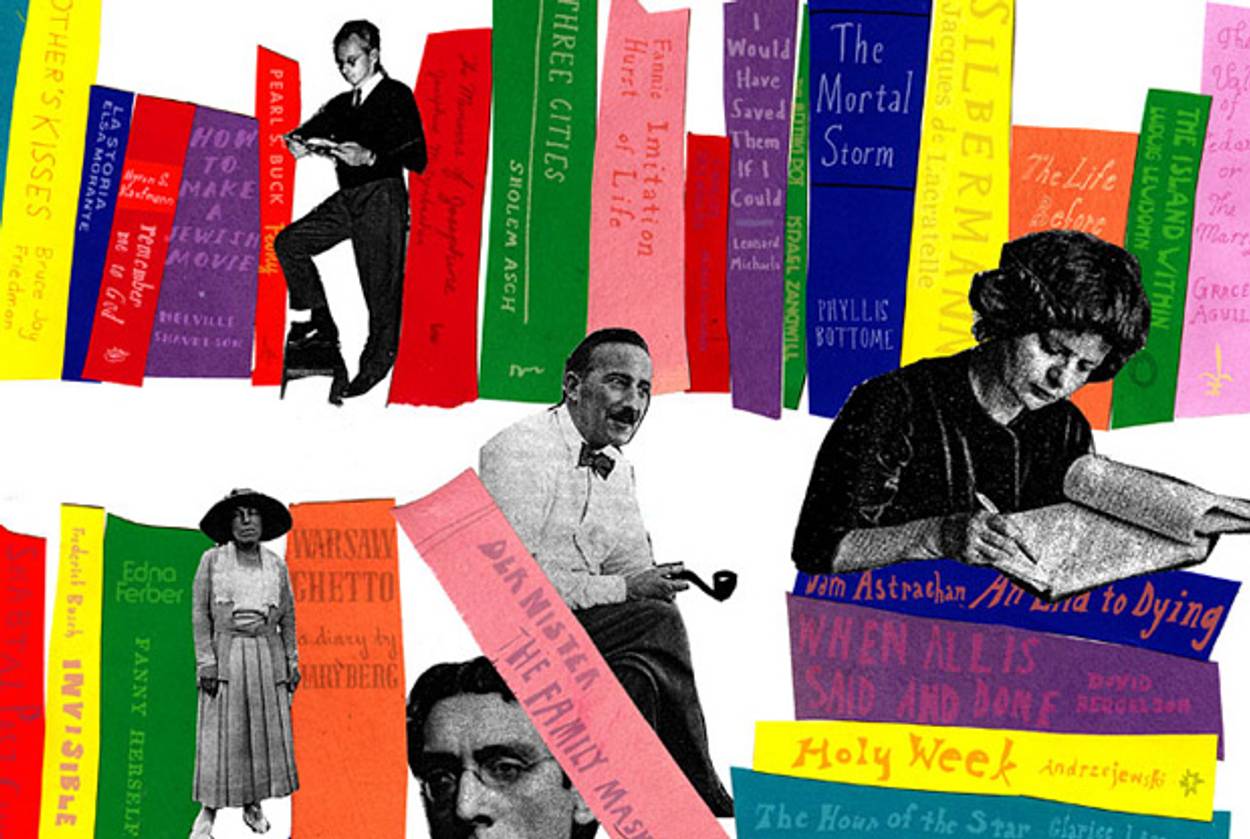Zweig in Exile
Lost Books




“Lost Books” is a weekly series highlighting forgotten books through the prism of Tablet Magazine’s and Nextbook.org’s archives. So blow the dust off the cover, and begin!
Austrian writer Stefan Zweig committed suicide 70 years ago yesterday. In 2005, Jennifer Weisberg highlighted 1939’s Beware of Pity, Zweig’s only novel and one of his lesser-known works, which Weisberg called a “micro-portrait of life in the late Hapsburg Empire.” Renowned in the 1920s and ’30s for his biographies, Zweig fled Austria in 1934 for London, where he lived as a refugee until settling in Brazil in 1941.
Set in Hungary just before the start of World War I, Beware of Pity tells the story of Anton Hofmiller, a soldier stationed in a remote town who gets invited to the impressive home of a local nobleman, sparking a complicated relationship with his host’s crippled daughter. Weisberg explains,
Yet it’s the story of the girl’s father that provides the moral spine of the tale. A conversation with Edith’s physician reveals that the man Hofmiller so admires was in fact born “a keen-eyed, narrow-chested little Jewish lad” named Lämmel Kanitz. Canny, thrifty, and somewhat of an autodidact, Kanitz learned to make money, pulling off his biggest coup in an unscrupulous real estate deal. Though he’d taken advantage of a naïve woman, he later felt a good deal of guilt at the way he had swindled her out of her fortune. In the end, “he was, rather, in spite of himself, taken unawares by an emotion that was genuine, and, strangely enough, remained genuine. Out of this absurd courtship was born an unusually happy marriage”—and a new life; baptized, Kanitz purchased the privilege of changing his name to Herr Lajos von Kekesfalva.
Read No Exit, by Jennifer Weisberg
Stephanie Butnick is chief strategy officer of Tablet Magazine, co-founder of Tablet Studios, and a host of the Unorthodox podcast.